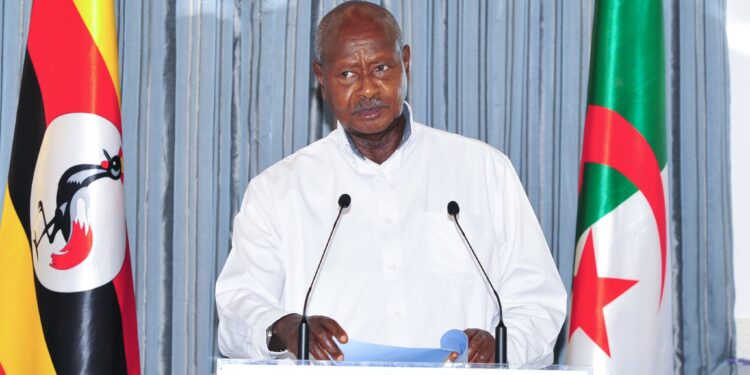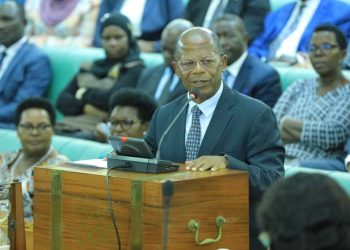Uganda’s government has expressed its unwavering stance in the face of the World Bank’s decision to halt the approval of new loans to the country due to the enactment of the Anti-Homosexuality Act of 2023.
Dr. Chris Baryomunsi, the Minister for ICT and National Guidance, asserted that Uganda will not compromise its principles by succumbing to the World Bank’s pressure to adopt what it views as immoral cultures like homosexuality.
Baryomunsi emphasized that the government prioritizes respectful partnerships but will not allow the imposition of cultural values that contradict its own.
Although the World Bank’s official statement regarding the loan freeze has not yet been received, Baryomunsi reaffirmed Uganda’s resolve in passing the Anti-Homosexuality Act, emphasizing that the government has no regrets about it.
The World Bank’s decision, announced on Monday, reflects its belief that Uganda’s anti-gay law contradicts the bank’s mission to eradicate poverty in an inclusive manner, encompassing all individuals regardless of their race, gender, or sexuality.
As a result of this freeze, Uganda will not be considered for new projects beyond the existing 22 national and four regional projects worth $5.4 billion in World Bank funding.
The Anti-Homosexuality Act, which took effect on May 26 after being assented to by President Museveni, has faced international criticism.
However, President Museveni clarified that the law does not criminalize an individual for their sexual orientation, but rather targets actions such as recruitment into homosexuality, exhibitionism, and the promotion of homosexuality.
Despite international pressure and aid reviews from countries like the US, Britain, and Canada, the Ugandan government remains resolute in its stance.
Officials have affirmed that they are engaging with the World Bank to address the decision, but they assert that repealing the law is not on the table.
The Finance Ministry spokesperson, Jim Mugunga, expressed optimism about ongoing discussions with the World Bank and assured the public that efforts are being made to find a solution.
Activists both for and against the law have shared their perspectives, highlighting the complex societal and economic factors at play.
































































